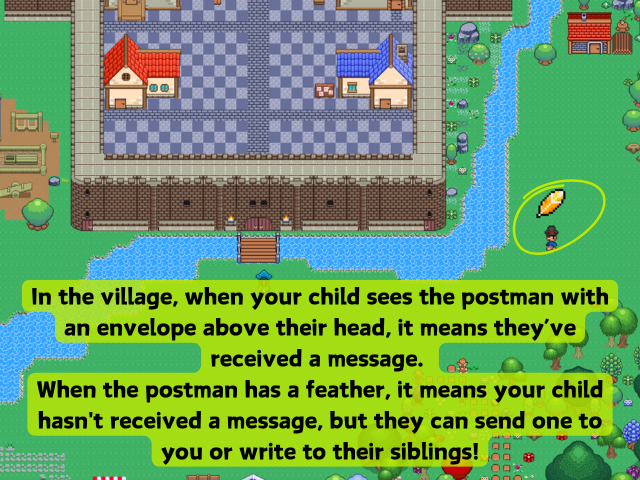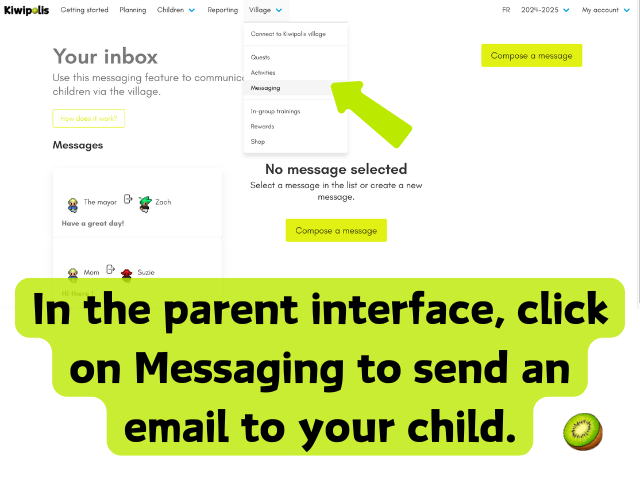Nov 25, 2024
Motivate Your Kids to Read and Write: Simple Strategies That Work!

We all know how important reading and writing are for adult life. These skills impact so many aspects of daily living, and as parents, it’s natural to worry about how our children will master them. But reading and writing are more than just tasks to check off a list—they spark imagination, expand vocabulary, boost focus, and help children understand the world around them.
If you’re a homeschooling parent, you’ve probably experienced the challenge of motivating your child to complete tasks that are crucial for their learning. Let’s be honest—finding ways to motivate kids can be exhausting. It’s been one of the most energy-draining parts of my homeschooling journey! That’s why I want to share practical strategies to make reading and writing easier, more enjoyable, and even fun for both you and your child.

Why Motivation is Essential: A Scientific Perspective
Reading and writing are not innate skills. Unlike spoken language, which emerges naturally, these abilities require explicit and repeated instruction. Neuroscience shows that reading and writing engage multiple areas of the brain, including those involved in visual word recognition, working memory, and linguistic comprehension.
This means that, for many children, learning to read and write is a considerable effort. And that effort can sometimes feel overwhelming, especially if the child has specific difficulties, such as dyslexia or another learning disability.
The key? Don’t apply too much pressure. Psychology studies show that intrinsic motivation—the kind that comes from the child themselves—is far more effective than extrinsic motivation (rewards or punishments). In other words, it’s important to make reading and writing desirable, rather than imposing them as a chore.
Simple Strategies to Encourage Reading and Writing
These strategies aren’t a one-size-fits-all solution. They’ll require some trial and error until you find what works—for now. Kids grow and change constantly, so we need to adapt along the way.
- Read together: Turn reading into a special bonding time. Choose age-appropriate books and encourage your child to ask questions.
- Create a cozy reading space: Set up a comfortable, inviting reading nook.
- Offer creative activities: Encourage writing letters, stories, poems, or journals to make writing fun.
- Use digital tools: Apps like Kiwipolis make learning interactive and engaging.
- Be a role model: Show your child that you enjoy reading and writing or that you see their value in daily life.
- Leverage social motivation: Organize group activities like book clubs or collaborative writing sessions.
Explore Kiwipolis: A Village Where Learning Becomes Play
Reading and writing can be challenging for kids, especially those who struggle with these skills. At Kiwipolis, we’re here to help turn these challenges into meaningful, enriching experiences.
In this virtual village, your child can:
- Enjoy a variety of activities: Quizzes, crosswords, dictations, storytelling, and character creation offer something for every interest.
- Build vocabulary: Each activity introduces new words to learn.
- Strengthen language skills: Interactive games help improve spelling and grammar.
- Foster creativity: Writing stories and designing characters allow kids to express themselves.
A New Feature: Personalized Letters!

We’re excited to introduce a new feature in Kiwipolis: personalized letters. Imagine your child discovering a special message from you in their virtual mailbox!
- Strengthen parent-child connections: Share meaningful moments through custom messages.
- Motivate reading: Letters become a fun and engaging way to practice reading skills.
- Tailor the experience: Personalize the content to match your child’s interests for an even greater impact.
